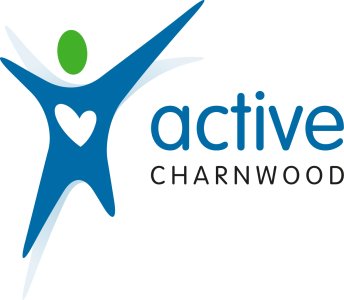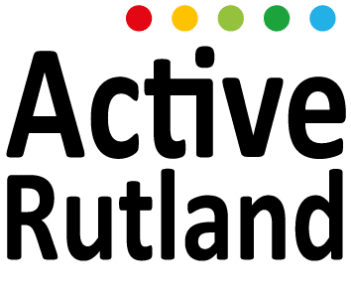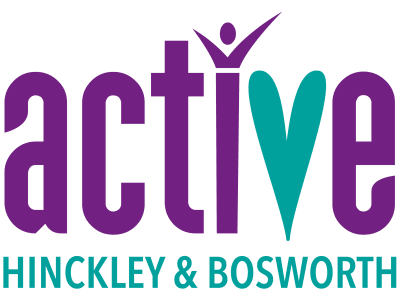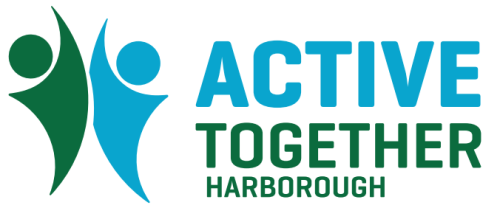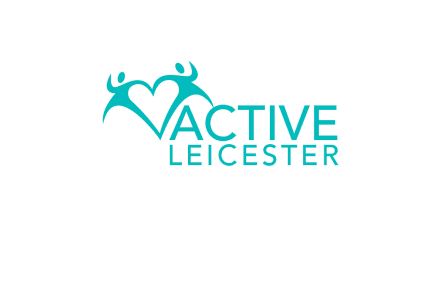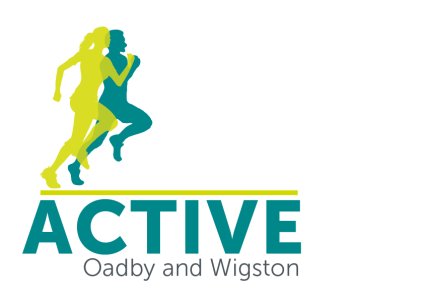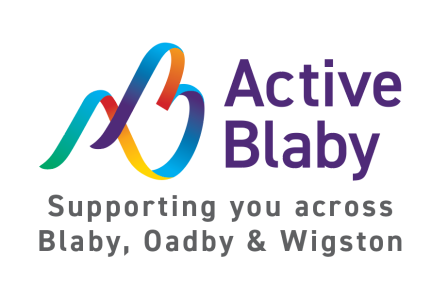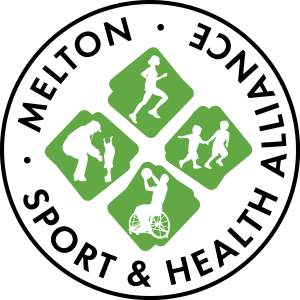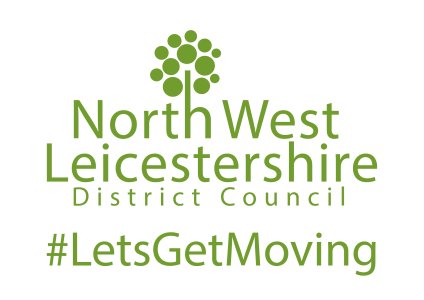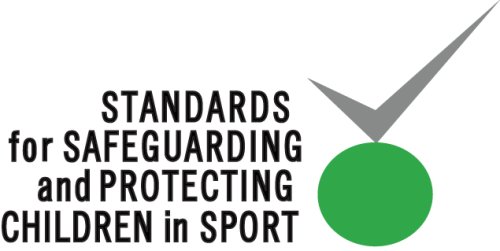Cardiovascular disease (CVD), is a general term for conditions that affect the heart and blood vessels. It includes all heart and circulatory diseases, including coronary heart disease, angina, heart attack, congenital heart disease, hypertension and stroke. These can occur when there is a gradual build-up of fatty deposits within the body's artery walls, which cause narrow arteries and restrict the blood flow to the heart.
In 2022 around 110,000 people were living with a heart and circulatory disease in Leicestershire, causing around 200 deaths each month.
However, being active can reduce your risk of developing some heart and circulatory diseases by as much as 35%. The heart is a muscle, and like any other muscle it needs physical activity or exercise to help it work properly.
Frequently Asked Questions - Healthy Heart
Heraldo's Story
"When I'm active, it's as if my body releases some sort of drug that makes me feel good about myself." - Heraldo
Visit We Are Undefeatable for more information and inspiration on how you can get active.
You can also meet our Let's Get Moving Champions who share their inspirational stories on how they have stayed active this year!
Get Active
If you are ready to move more and feel better, there are a range of activities and sessions to help you meet your activity goal. Be sure to find something you enjoy!
-
Lots of information and ideas on how to keep yourself healthy and active whilst staying at home or working from home.
-
Getting active, my way: What's near me?
This resource is here to help you find your local parks, open spaces, walking and cycling routes, and give you some ideas on what to do when you get there.
-
Thinking about having a go at walking, running or cycling? It's a great way to get out in your local area and move a little more.
-
A selection of physical activity programmes for people with medical conditions, whose health would benefit from being more active.
-
Receive a tailored walking plan to help you increase your daily steps at a pace that works for you. For anyone 18+ wanting to become more active or living with a long-term health condition such as diabetes or obesity. *For FREE access use code: Let’s Get Moving*
Resources for Heart Health
 Moving Medicine - Heart Disease Patient Leaflet (PDF, 912 Kb)
Moving Medicine - Heart Disease Patient Leaflet (PDF, 912 Kb)This patient information leaflet contains a summary of key information and practical tips on physical activity for people with ischaemic heart disease.
 Moving Medicine - Stroke Patient Leaflet (PDF, 930 Kb)
Moving Medicine - Stroke Patient Leaflet (PDF, 930 Kb)This patient information leaflet contains a summary of key information and practical tips on physical activity for people who have had a Stroke.
-
A detailed explanation of the types of cardiovascular diseases, causes and prevention methods to lower the risk and chances of worsening a cardiovascular disease.
-
British Heart Foundation - Healthy Living
Whether you are newly diagnosed or have been managing your condition for a while, British Heart Foundation can help you live a healthier life through healthy eating, weight management and understanding your risk factors.
-
British Heart Foundation - Keep your heart healthy
This short leaflet is a helpful summary of the risk factors of heart and circulatory diseases. It offers simple changes you can make to live a heart healthy life.
-
British Heart Foundation - Understanding Physical Activity
Whatever your age or ability, physical activity can help improve your general wellbeing. From protecting your heart to a better nights’ sleep, the BHF leaflet will show you how to get moving.
You are performing the exercises linked from our website at your own risk.
Whilst every effort has been made to verify the information on the Heart Health page, Active Together is not responsible for the accuracy or content of external websites. Whilst taking part in physical activity, participants should ensure they take part at a level which is appropriate to them and their health and are responsible for ensuring they check the credentials and health and safety requirements for each activity. It is recommended that participants follow the Chief Medical Officers Guidelines for physical activity. Participants will choose to utilise these links and take part in activities at their own risk.
For Healthcare Professionals
It is important to have conversations with those living with heart conditions about the importance of physical activity. Physical activity as a treatment for long-term health conditions is a consensus backed by rigorous evidence.
Our Active Medicine page supports local healthcare professionals with promoting the benefits of physical activity, including Physical Activity and Health training, E-Learning resources, and healthy conversation skills.
The fantastic Moving Medicine resource hosts step-by-step guides to have quality conversations with patients about physical activity for Heart Disease - from 1 - 5 minute conversation opportunities.











